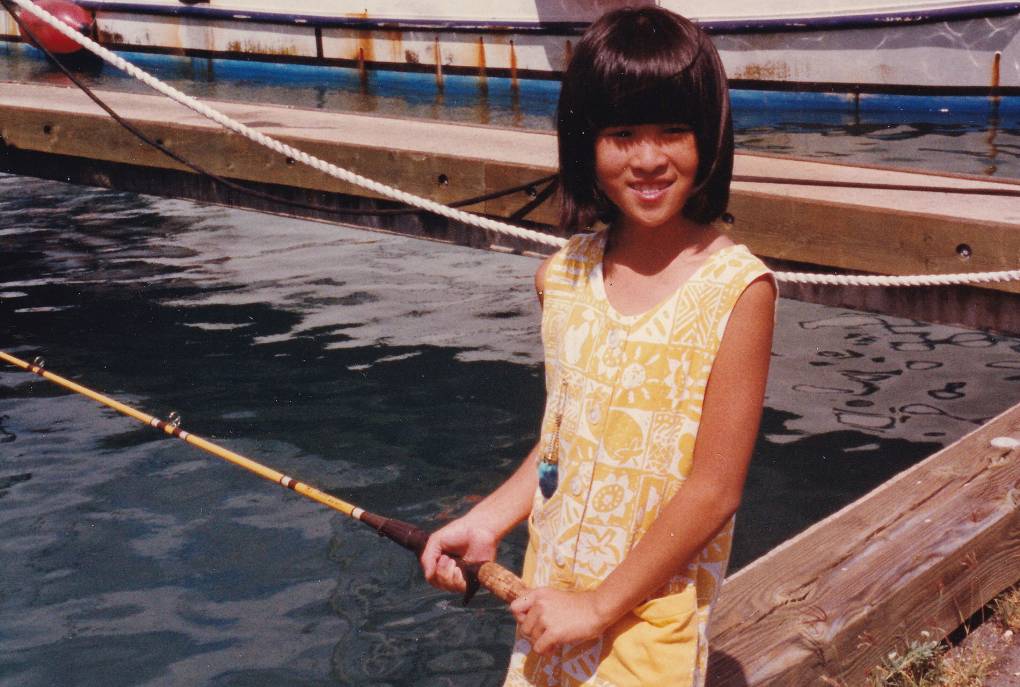When a 10-year-old girl named Maggie called KQED Forum recently to ask a COVID-19 question on behalf of her parents, thousands of listeners heard her interpret from Spanish to English live on air — and recognized their own childhood in that moment.
KQED's Adriana Morga was one of them. And when she wrote a story about that experience, and how Maggie's call "represented the epitome of what immigrant children have to do in order to get information to their parents," it struck another chord with our readers.
We asked you whether Maggie's story reminded you of your own experiences growing up. The stories you sent were moving, proud, painful, bittersweet and frank, each one emphasizing the shared aspects that unite your experiences across place and culture.
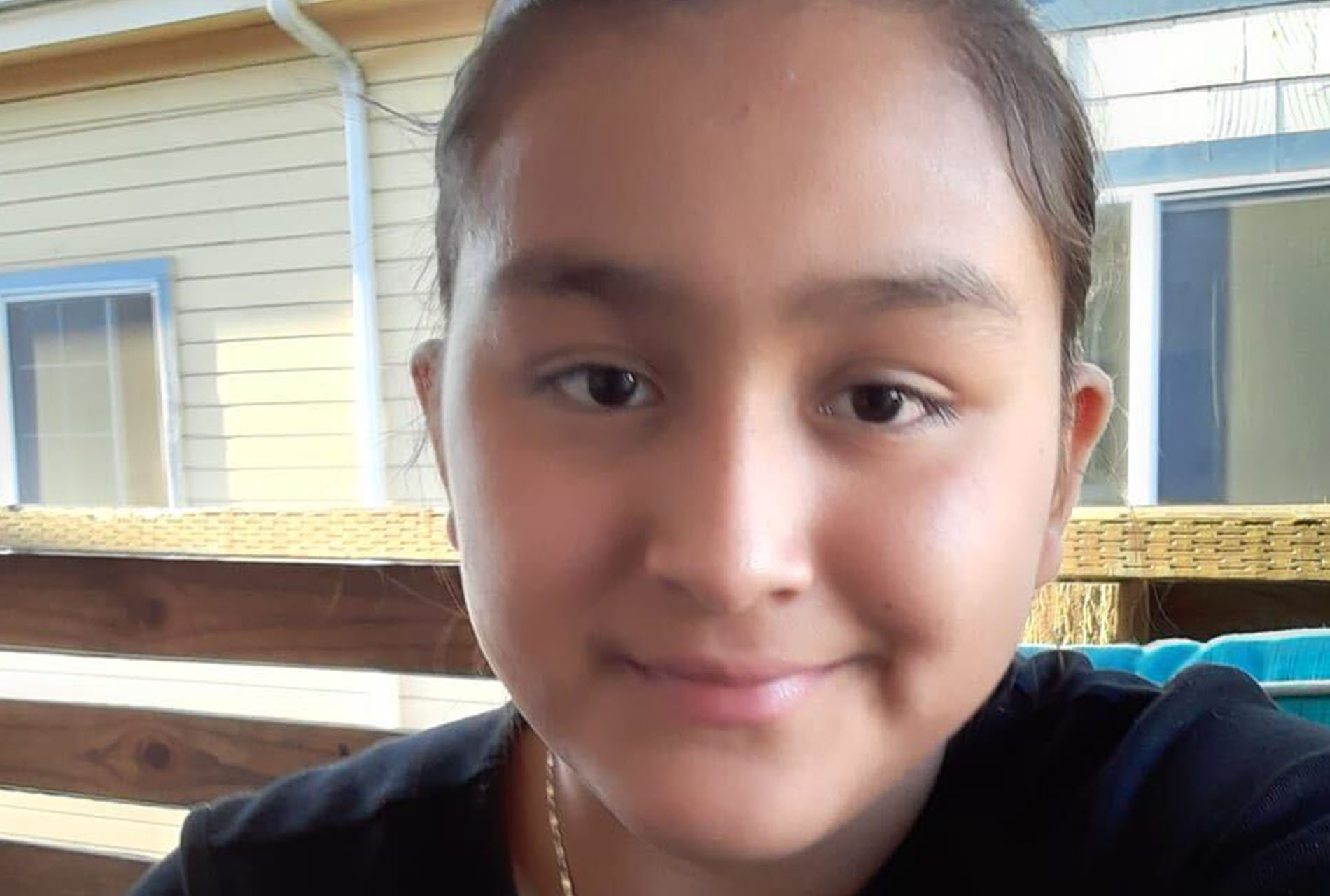
Your stories also reveal the full responsibility young multilingual family members now face while navigating the coronavirus crisis on behalf of their loved ones — and the sheer weight of that potentially lifesaving role. That's why we've collected a list of resources to support kids like Maggie, or any families looking for multilingual information about COVID-19.
Scroll to read your stories and find those resources.
Some of these responses have been edited for length.
Being someone like Maggie for your family can be a heavy responsibility...
When I saw the tweet about Maggie, I cried. It was the first time I have ever heard or read anything in my whole life that so completely resonated with my experience as a young immigrant child translating for my mother. We immigrated to the Peninsula Bay Area when I was 5 years old, from Ukraine. I made so many calls, sent so many messages, did so many tasks as a kid that required me to translate between Ukrainian and English. These experiences forced me and many other kids to grow up too quickly. It’s now only exacerbated during these tumultuous times. Now I work in the state Legislature, hoping to be a part of improving how information is shared with all communities in our state, especially those most in need like Maggie’s family. — Anya
I could share so many stories of parent/teacher conferences, doctor's visits, immigration appointments or visits from the landlord (among other things) when I would hear the familiar "Ven, ven, Marisol... Dime qué dijo." Over the years, I picked up on certain words that I knew were important to know in preparation for these encounters, but there was always that moment of panic when an unfamiliar word would pop up. I would immediately imagine the possibility of being held back a grade, or having to pay extra for something, or leading to a misdiagnosis. Nothing that bad ever happened, but that pressure was always present. (As a teacher) my hope now is to be a part of and create learning communities and spaces where our students and our families can engage without having to imagine worst-case scenarios. — Marisol
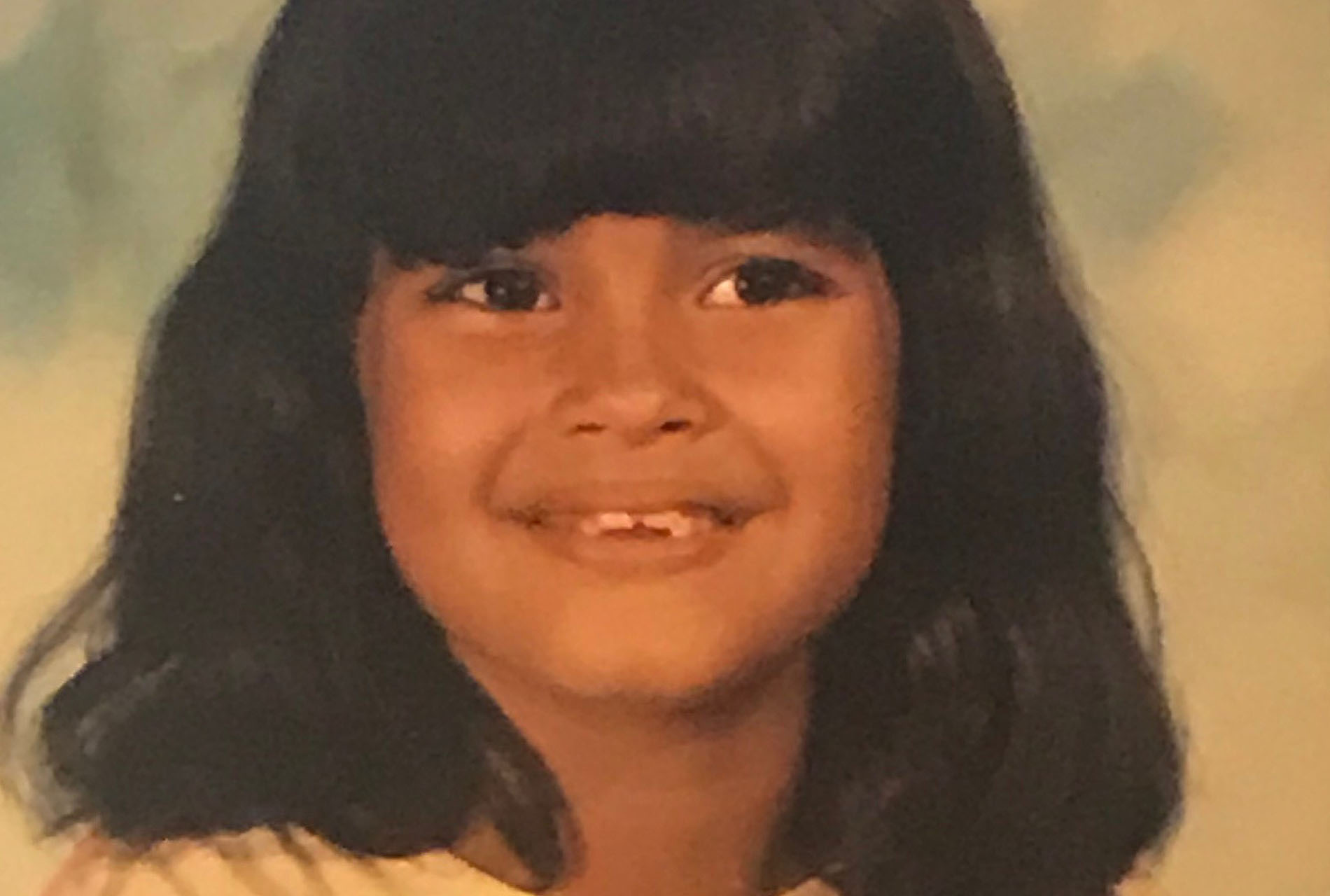
...but for many, there are positive memories and pride
Being the child of an immigrant always comes with its own series of "club rules." If you know them, you know them. It’s a hard club to be a part of at times, but I’m happy to be a part of it. I’m happy to sacrifice my time and energy to an immigrant parent who has sacrificed so much, for me to be American. — Glenda Cota
(At 8 years old) I had to go to my grandmother's doctor's appointments specifically to translate. It was just her and I, navigating our way through public transportation. I was intimidated by the front desk ladies, and scared of hospitals, afraid to miss important information to translate. However I was proud to stick up for my grandmother (the staff was not always kind) and be able to help her. To this day I still feel the same compassion to help translate for co-workers, family members and strangers that I see that need help. We all need the power of information. — Zara
There was a period of time where I resented it a bit, because I felt like I was forced to grow up very quickly in order to help out when my parents didn't understand something. However, I learned to embrace my role because it was my way of giving back to my parents, for all that they have done for me. Growing up under the circumstances that I did is what forged the distinct Chicanx identity I have today. I knew what I was doing was important and bigger than me. I was helping my family navigate a system that I'd later learn was tricky and discriminatory. — Omar Vega
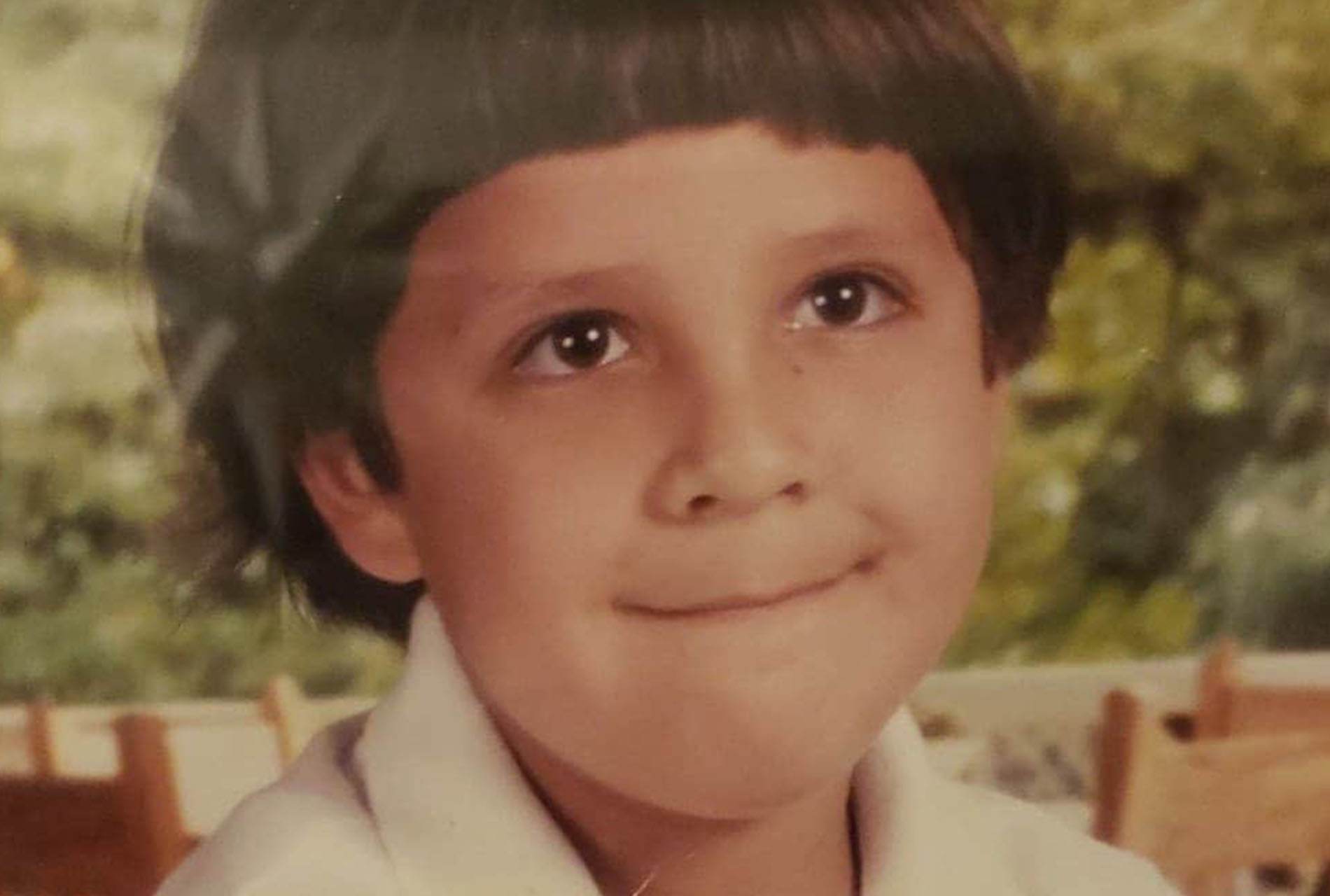
Your childhood experiences can steer your career path
My Vietnamese refugee parents resettled in Santa Ana, California after fleeing from the Vietnam War. Growing up, I translated documents for my parents and helped them navigate life here in the United States. I learned how to be an advocate at an early age because I had to stand up for my parents when I saw them experience discrimination. I am the first in my family to pursue a Master's degree and I chose to work in education because I want to work with youth who have gone through similar experiences. I want them to know that coming from an immigrant family is their superpower and to encourage them to keep advocating for their families even when times are hard. I also want to challenge our government agencies to be more inclusive of these immigrant experiences. Having translated documents is just the bare minimum. — Kathy Tran
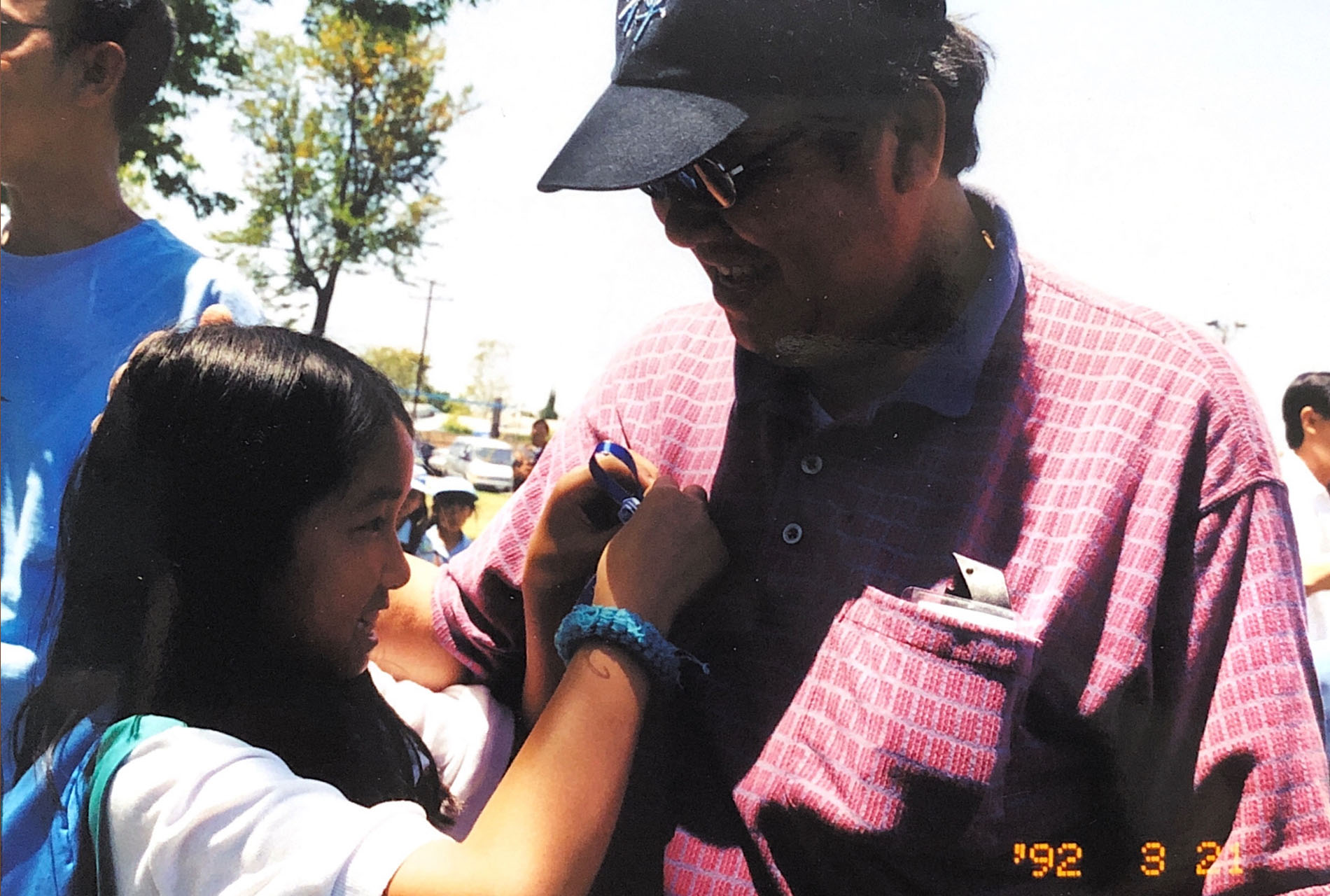
When I was 14, I translated for my grandmother when she was battling cancer. That experience has left an indelible mark on my life. Because of those early experiences translating for my family, I have pursued a career in science, and am now working on my masters in public health at UC Berkeley and applying to medical school. — Daniel Mota
I began interpreting for my parents as a child at school, stores, doctor's offices and pretty much anywhere my parents needed services. Both my parents are indigenous Mexicans, whose primary language is Mixteco and secondary language is Spanish. I was raised speaking Spanish, and so I primarily interpreted from English to Spanish and vice versa. I have dedicated my entire life to advocate for those that can’t be heard, and today I’m a proud co-founder of Herencia Indigena (Indigenous Heritage). We specialize in training trilingual individuals to become qualified advocates/interpreters for hospitals, clinics and government agencies both private and public. — Irebid Gilbert
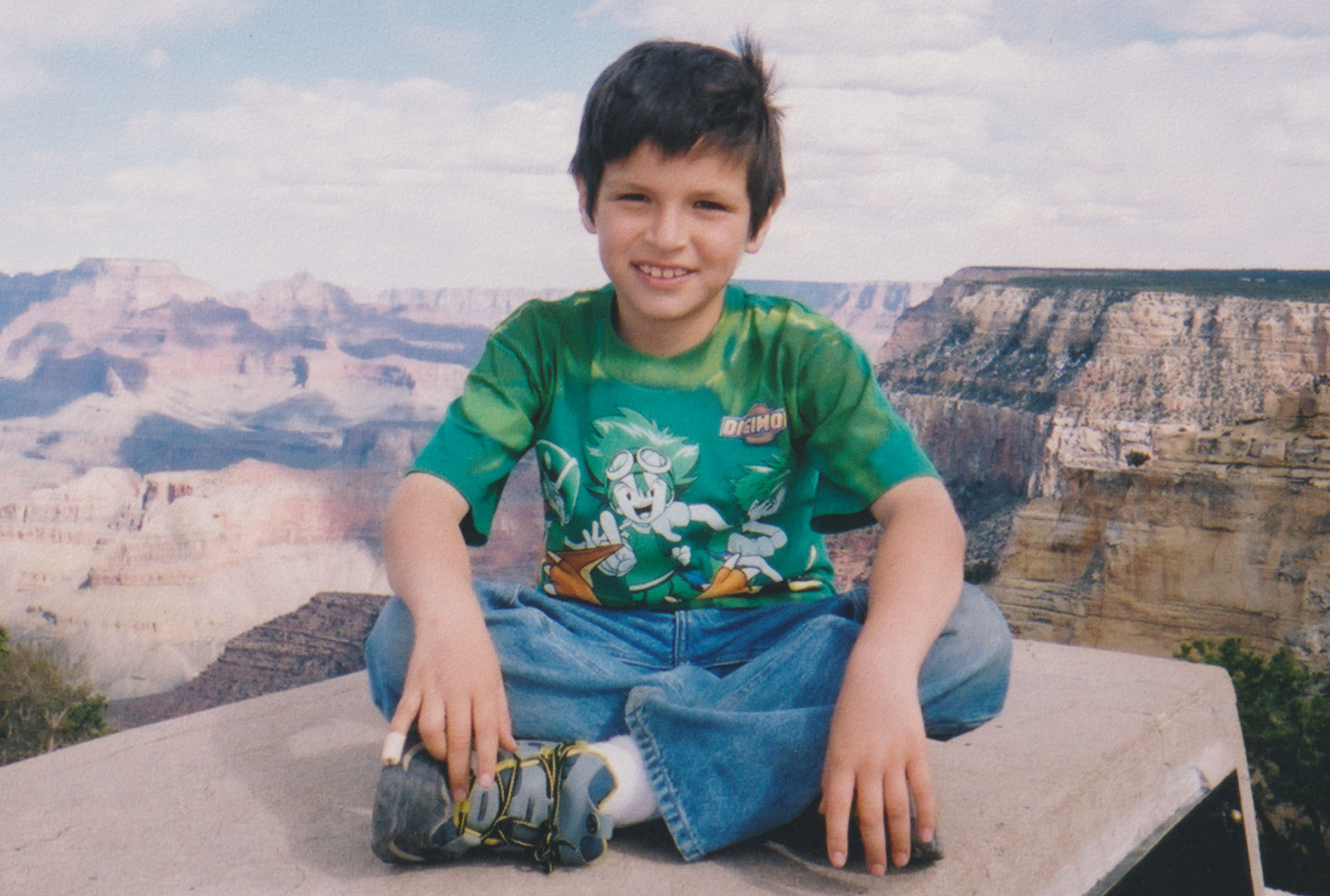
For many, there's a standout memory that lingers
As a second-generation Vietnamese American, my parents relied on me often to look over everything from utility bills to dealing with landlords. One moment stands out to me when I was a teenager and having to write a letter to appeal to the landlord who wanted to take my family's whole security deposit, which would have been a lot of money. I remember trying to use everything I learned in English composition classes to write this letter, and I recall feeling a great sense of justice. We didn't end up getting that security deposit back, but I'm glad I was able to help my parents regardless. — Jeannie Pham
When I was six-years-old, I traveled to Mexico with my grandmother. Upon our return we were held at immigration at LAX and the TSA agents expected me, a six-year-old child, to explain my grandmother’s immigration status and to translate a very complex conversation using words I had never heard before. It was so scary. I did my best because I was worried my grandmother would be deported, because I was told by the TSA agent if my grandmother could not give them the information they needed she would be sent back to Mexico. I did not completely comprehend everything that was being said, yet I was expected to translate. — Anonymous
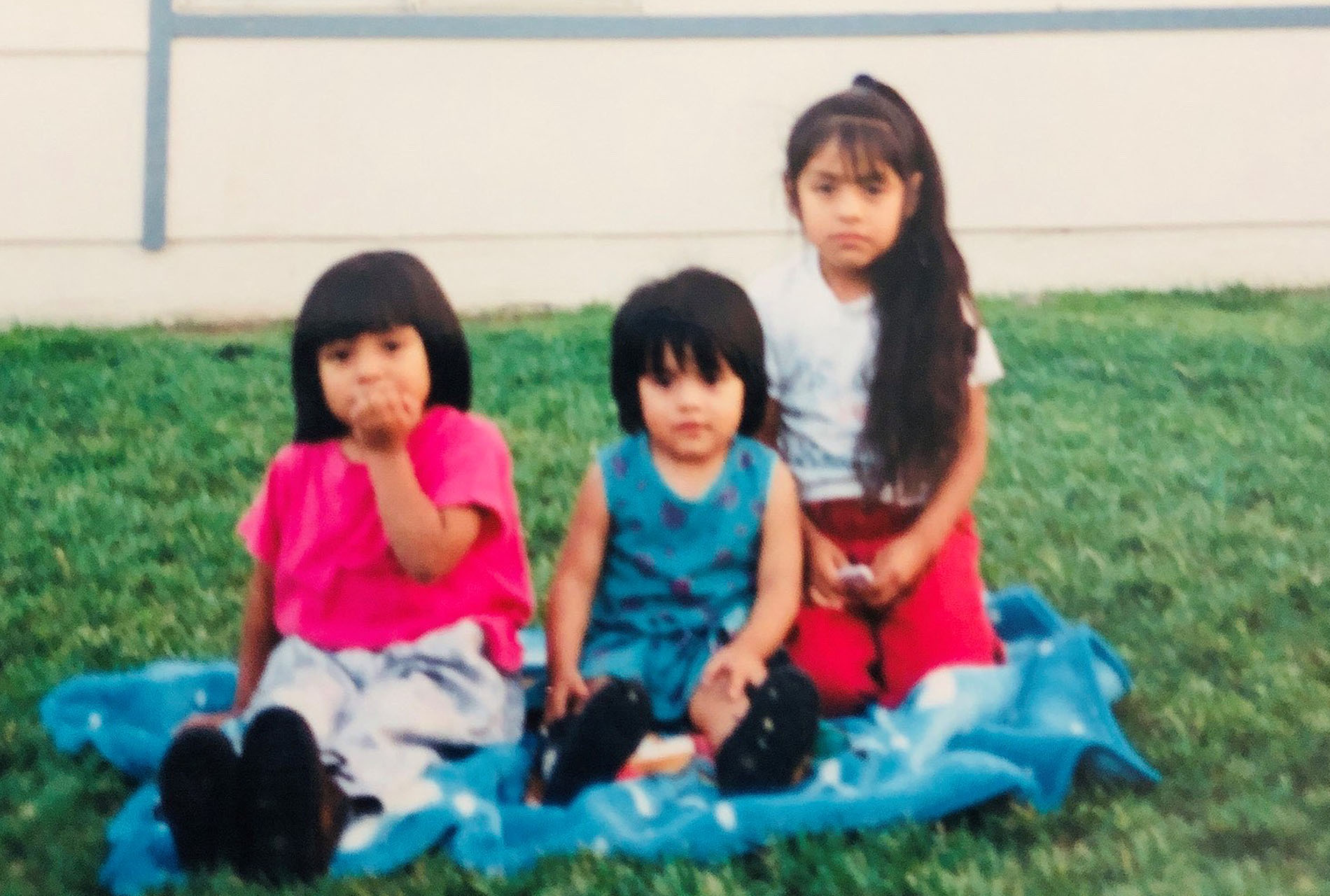
My mother had a court date for a traffic citation (come to think of it, this may be where my fear of public speaking began). She took me as the designated interpreter. As I stood before the judge and hearing mother tell me "dile, dile lo que te dije" (tell him, tell him what I told you), I froze. When I finally spoke, my voice was low and timid. I no longer recall what I said but luckily the judge sympathized with me. He asked me my age (I must have been 13 or 14 at the time) and then proceeded to tell me there were careers in the future for me. Nevertheless, the look I got from my mother told me I had failed. Many years later, I did in fact become a trained interpreter. Although that particular memory is bittersweet, I recognize the dire need for my mother to want to relay her thoughts and emotions, something perhaps she felt only a family member could do. — Anonymous
One of the most memorable (recollections) was how my mother loved the show "Friends," but did not understand a lot of the jokes. So I would translate it for her. — Anonymous

One summer day, when I was 9, I was home alone with my mom. That's why, when the phone rang and it was her boss, she asked me to translate for her. I introduced myself to the man on the other end of the phone and he brusquely, and without preamble, said "Tell your mom I'm laying her off, so she doesn't have to come to work on Monday." I didn't know what that meant so I asked him if she could go on Tuesday. — Anonymous
You frequently tackled complex adult administrative work...
As a young girl, I often translated for Haitian relatives who were newly arrived in the U.S. I would take them on rounds to all the usual places one needs to go in order to get established in a new land, such as the Social Security Administration. It taught me a sort of resourcefulness and built my resilience, but it was also a challenging burden for someone so young. Under normal circumstances, the life of an immigrant child is not carefree and often complicated by real economic hardship. With COVID their work is doubly hard. Immigrant children and families deserve better support. — Sally Seraphin
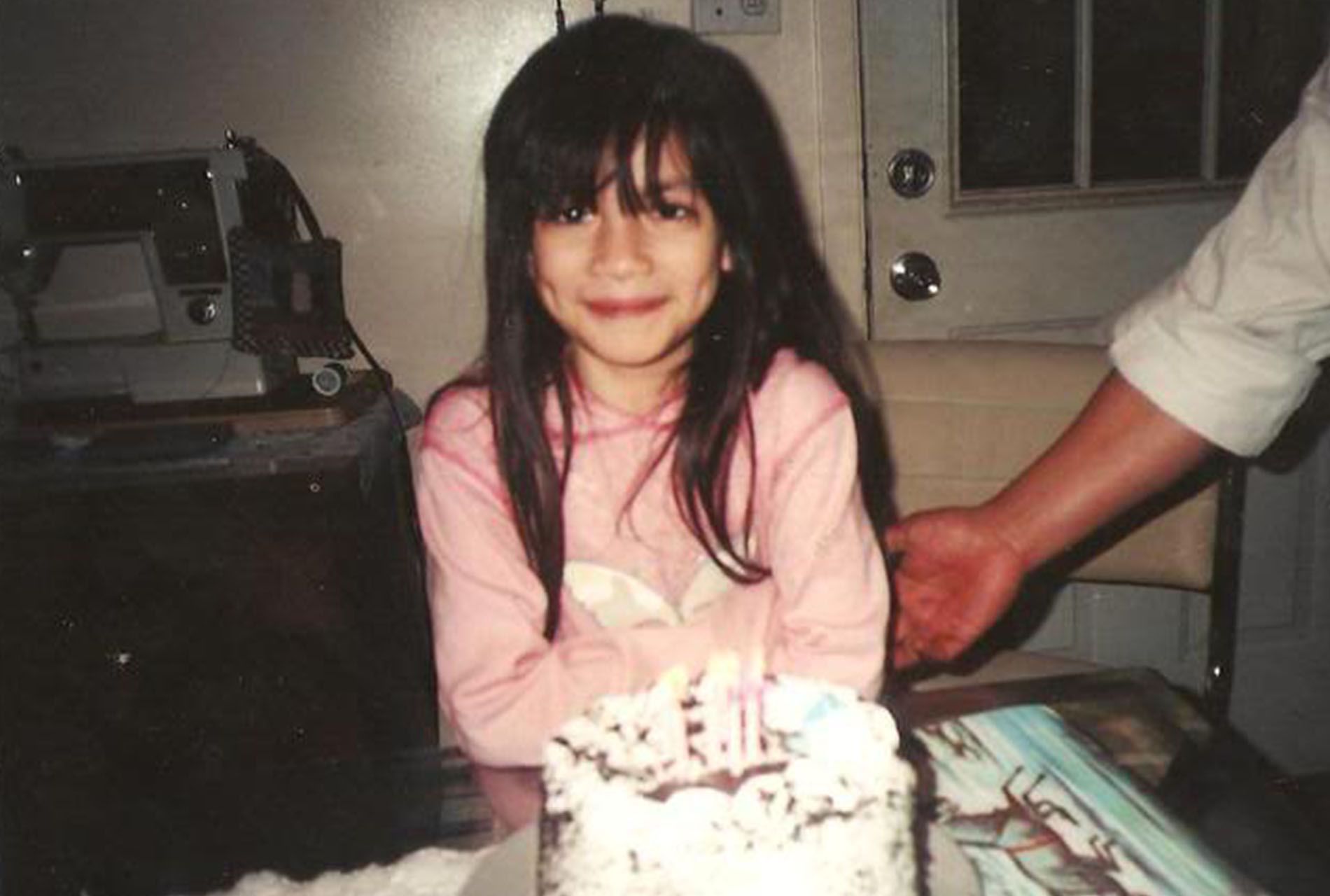
As soon as I learned to write and read in English, it was my responsibility to fill out applications and write letters of earned household income so my siblings and I could get Medicaid. I was also responsible for reading all government and official documents for my family. I had a hard time reading the documents, and don't know if I told them the right thing every time. — Elodia Caballero
As the oldest kid, just having turned 13 when we arrived (in San Francisco from Mexico in 1984), I remember the many times I translated for my parents things that children should not be aware or exposed to. My mother became pregnant shortly after our arrival and I had to go to her medical appointments and translate. One time I had to translate the risk of her pregnancy and the possibility that her baby in the womb might have Down syndrome. Even as a teen or young adult, translating legal and financial issues is intense as one becomes fully aware of the fragility of our family’s situation. — Maru Salazar
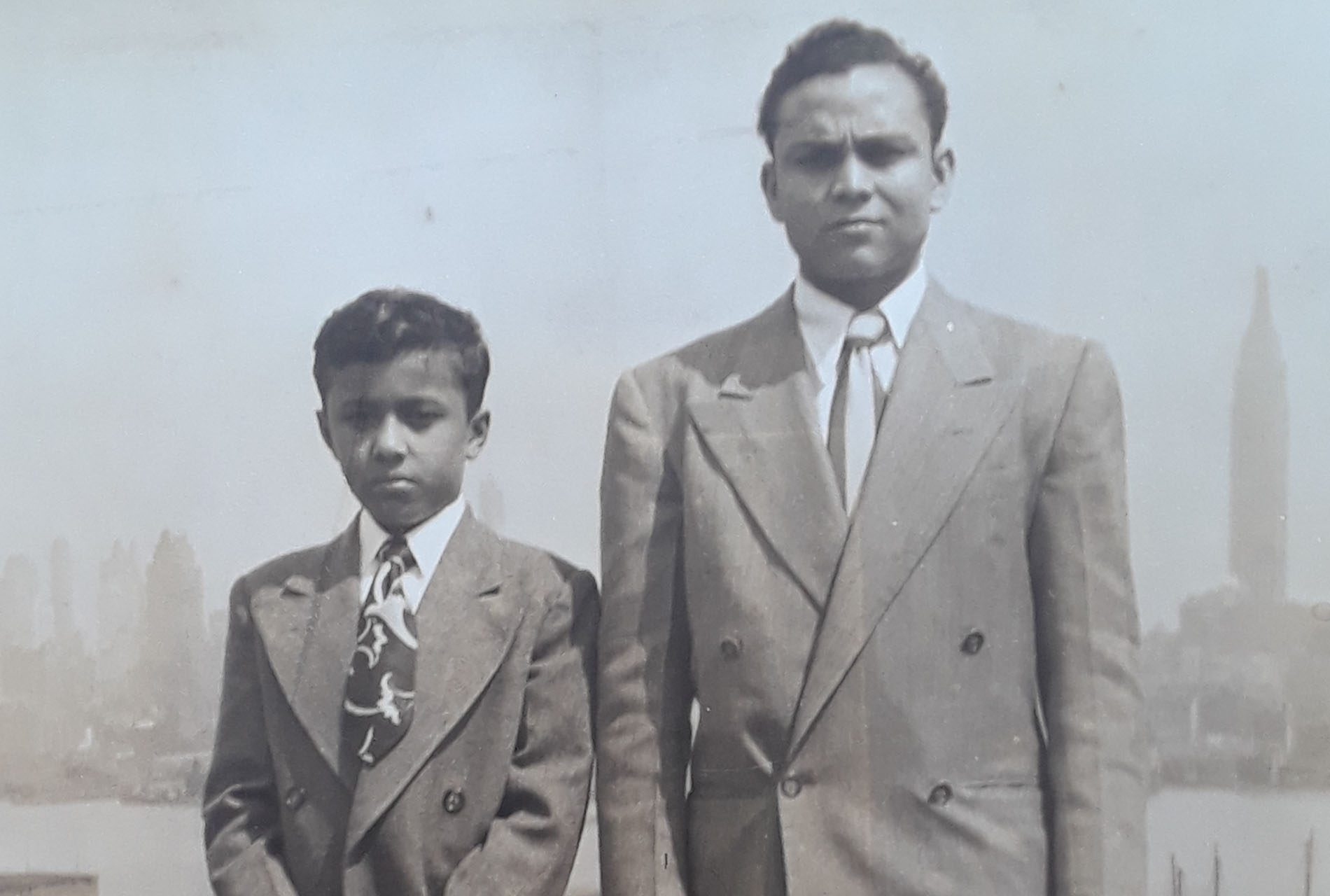
...and you learned a lot about adult systems of power and discrimination
I am 80 years old and arrived in NYC from Puerto Rico in 1947. I was the oldest child in our family and the first one to learn English. I still have a bitter taste in my soul from having to translate the scorn of the then-called "home relief" (later welfare, later AFDC) workers who queried every aspect of our lives. I send Maggie love and admiration. — Angel Luis Martinez
My parents were hard-working immigrants from Nicaragua. While they eventually became somewhat fluent, I was the one they depended upon to navigate their dealings in their adopted country. It was always so interesting to hear the change of tone, clarification or additional information I would get once I took over, when they were having a hard time communicating with others. So sad that so many others did not have the benefit of a daughter who could go toe-to-toe with those who sought to take advantage of their lack of English-speaking skills! — Anita Martinez
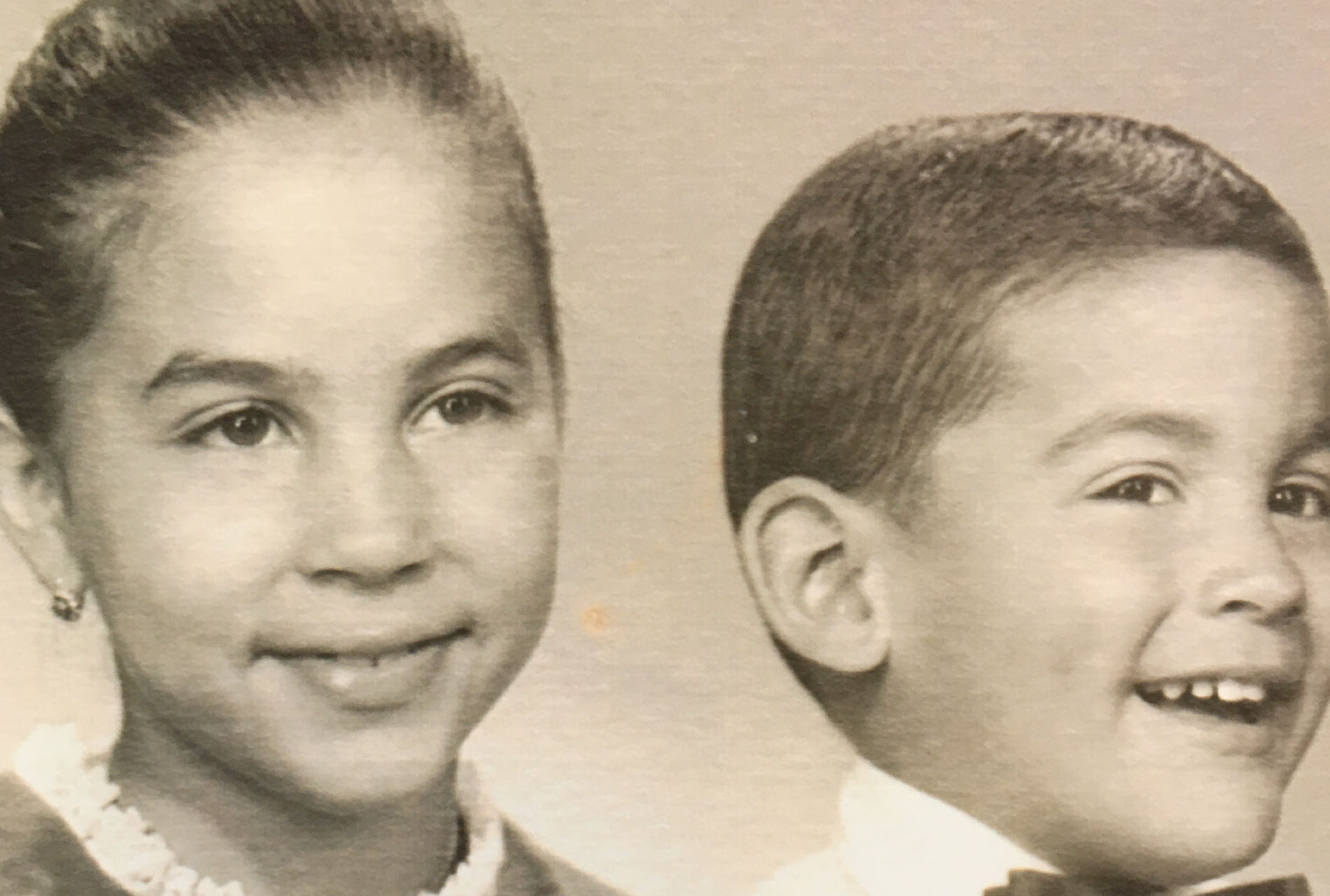
I remember feeling frustrated and fearful trying to make sense of bills, notices, and other official documents. At the same time, there was such an acute awareness that I had to do it. I remember accompanying my parents to health care appointments to fill out forms and translate. I don’t ever recall anyone questioning it. Why did that ever seem acceptable? I’m now a health care professional and it’s one reason I feel so strongly about advocating for appropriate and consistent access to language resources. It’s not OK for a child to be in a position to interpret important information for others. Our immigrant parents deserve better. — Anonymous
